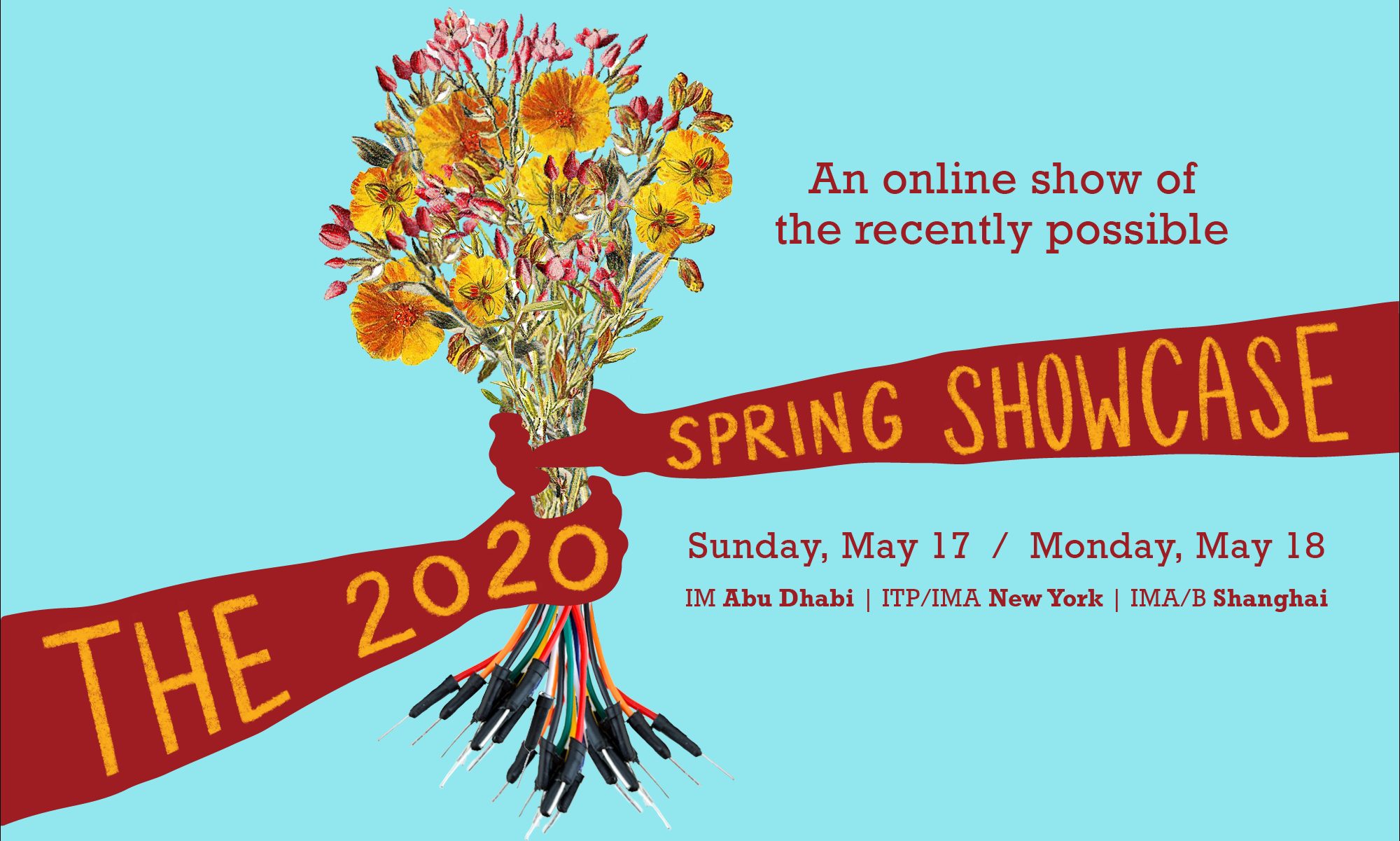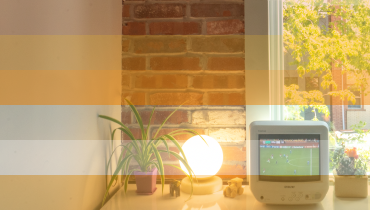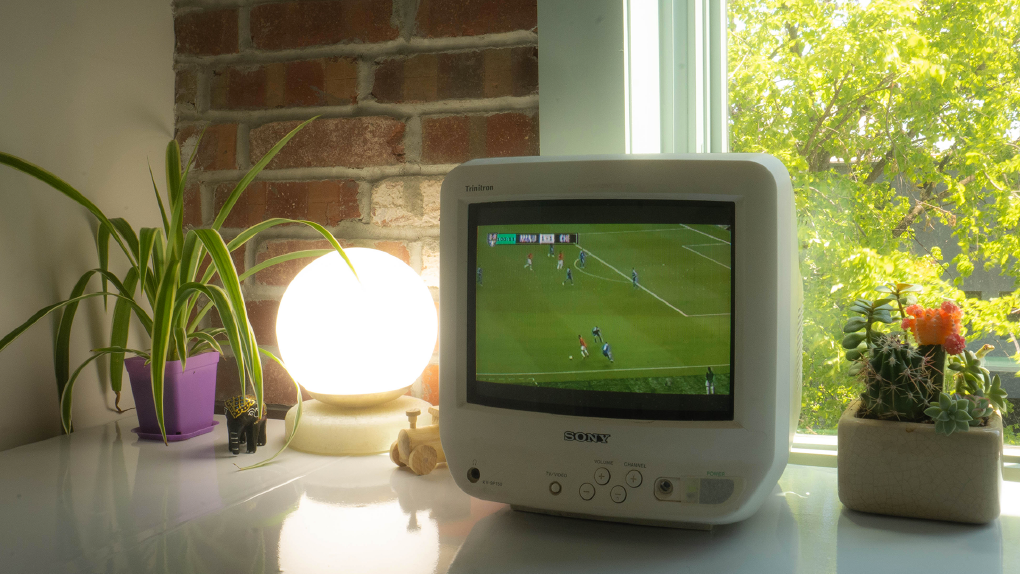Can you nurture a 'sense' of time without clocks?
Arnab Chakravarty
Description
In our increasingly time-sensitive and quantified lives and societies, clocks have become smaller and embedded themselves in the fabric of our society through their presence in all manner of objects and infrastructure, big or small. From the pacemakers to refrigerators to satellites, their quiet ticks govern the contours of our lives and we, humans have internalized their logic into the self-management of our lives. But most of us forget that clocks are a measure of *a* system of time, not *the* system of keeping time. Humans construct most of their meaning in the world qualitatively rather than quantitatively. While clocks give us numbers that give us equally spaced markers in a day, we still relate it through the lens of the changes in the surrounding phenomena like the environment, our human rhythms, and social/personal rituals. Even though clocks stare at us from the corner of almost every digital screen all around us and yet, they are woefully inadequate in communicating a ‘sense’ of time. The number 3.30 PM makes sense only if we relate to its relative position in a day or the position of the sun in the sky or the activities that are associated with that hour or the specific needs our bodies have during that time of the day. And in case, the environments, rituals, and rhythms are disrupted, we lose our sense of time completely as evidenced by most of us during our current corona life. My thesis began as a rumination around my fractured sense of time that has evolved into a journey through a written article, built experiments that I have lived with, and where I seek to construct a sense of time for myself that is instinctive rather than quantitative. For my final thesis, I have built a collection of timepieces that create a ‘sense’ of time by qualitatively displaying time as interpretive changes in natural and digital phenomena in my personal environment. By exploring this space of abstracting and creating qualitative phenomena out of data and living with it, I wish to reexamine our relationship with quantification and what it means to have a sense of data and how we live in the world.


